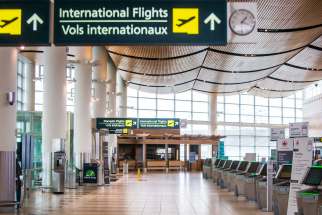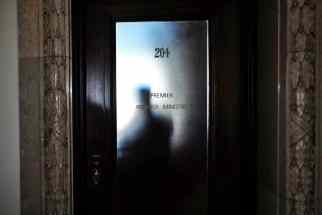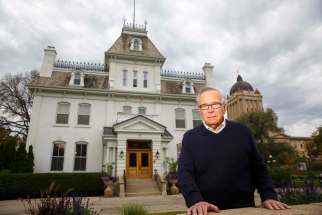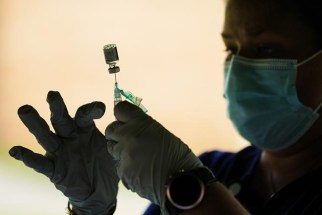Booster shots should be secondary concern
Read this article for free:
or
Already have an account? Log in here »
To continue reading, please subscribe:
Monthly Digital Subscription
$0 for the first 4 weeks*
- Enjoy unlimited reading on winnipegfreepress.com
- Read the E-Edition, our digital replica newspaper
- Access News Break, our award-winning app
- Play interactive puzzles
*No charge for 4 weeks then price increases to the regular rate of $19.00 plus GST every four weeks. Offer available to new and qualified returning subscribers only. Cancel any time.
Monthly Digital Subscription
$4.75/week*
- Enjoy unlimited reading on winnipegfreepress.com
- Read the E-Edition, our digital replica newspaper
- Access News Break, our award-winning app
- Play interactive puzzles
*Billed as $19 plus GST every four weeks. Cancel any time.
To continue reading, please subscribe:
Add Free Press access to your Brandon Sun subscription for only an additional
$1 for the first 4 weeks*
*Your next subscription payment will increase by $1.00 and you will be charged $16.99 plus GST for four weeks. After four weeks, your payment will increase to $23.99 plus GST every four weeks.
Read unlimited articles for free today:
or
Already have an account? Log in here »
Hey there, time traveller!
This article was published 17/09/2021 (1542 days ago), so information in it may no longer be current.
It’s been said most people inherently know the right thing to do — but actually doing it is another matter entirely.
That appears to be the case when it comes to the debate surrounding who gets third doses of COVID-19 vaccines — so-called booster shots — and when they get them.
From a purely moral perspective, it is questionable for wealthy nations to provide booster shots to citizens who have already received two doses while billions of people, mostly in poor countries, still have not yet received a single shot.
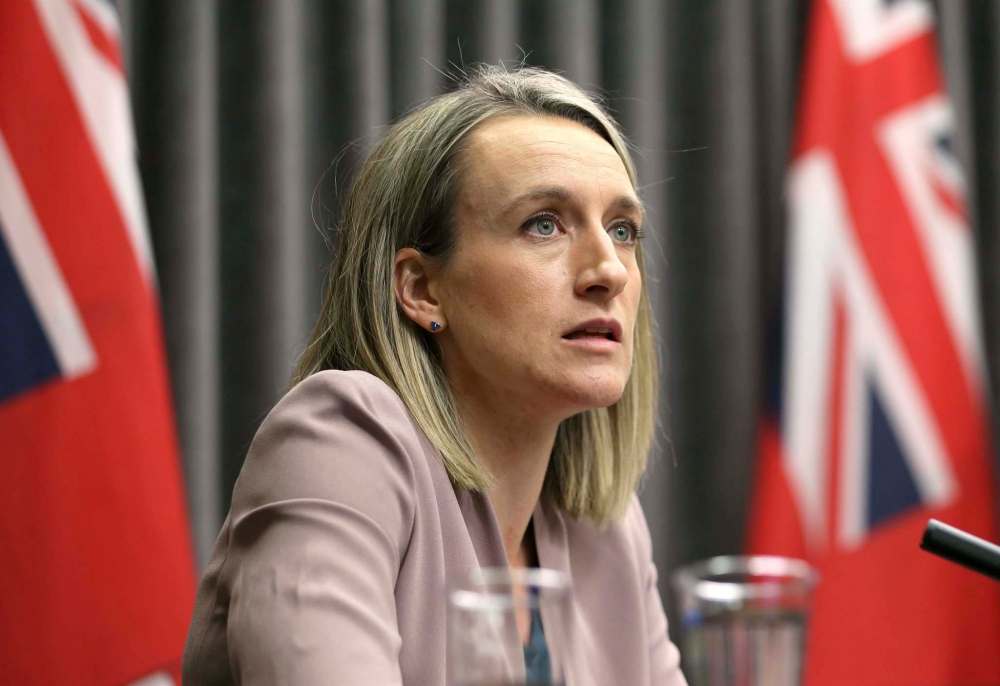
The World Health Organization earlier this month called for rich countries with large stockpiles of vaccines to avoid giving out extra coronavirus jabs until year-end, pointing to the billions worldwide who remain unprotected.
“There are countries with less than two per cent vaccination coverage, most of them in Africa, who are not even getting their first and second dose. And starting with boosters, especially giving it to healthy populations, is really not right,” WHO director-general Tedros Adhanom Ghebreyesus said.
It is entirely understandable that many jurisdictions around the globe, including Manitoba, have started providing third doses to people with compromised immune systems. The province is making boosters available to people with medical conditions that may hinder their ability to mount a strong immune response.
“For those who are immunocompromised, two doses of the vaccine may not provide adequate defence against COVID-19, particularly given concerns with the highly contagious delta variant,” Dr. Joss Reimer, medical lead for Manitoba’s vaccine task force, said Wednesday.
It is expected most people will eventually require a third shot to maximize their protection against the virus, but the science is unsettled on when healthy members of the general public will need boosters.
U.S. President Joe Biden announced booster shots of the Pfizer vaccine for double-dosed Americans would be available on Sept. 20, but on Friday an advisory panel at the Food and Drug Administration rejected Pfizer’s application, citing insufficient data. The final approval decision on boosters will now come from the Centers for Disease Control and Prevention.A study by Princeton University and McGill University released in August warned that ‘vaccine nationalism’ wherein countries stockpile vaccines to prioritize access for their citizenry over equitable vaccine sharing may increase the emergence of such variants.
An expert review of scientific evidence by U.S. and international scientists in the medical journal The Lancet concluded last week that boosters are “not appropriate at this stage in the pandemic” for the general public.
The issue of providing vaccines to poor nations is not merely a question of morality. From a practical perspective, based on pure self-interest, allowing COVID-19 to run unchecked in those jurisdictions risks the creation of deadlier variants that can threaten wealthier nations with a high percentage of vaccinated citizens.
A study by Princeton University and McGill University released in August warned that “vaccine nationalism” — wherein countries stockpile vaccines to prioritize access for their citizenry over equitable vaccine sharing — may increase the emergence of such variants.
In nations such as Canada and the U.S., vaccine supplies far exceed demand, even as the global shortage forces poorer nations to wait. Canada reportedly has enough vaccine on hand to fully protect every resident seven times over.
But vaccinated citizens in developed nations have an obligation to look beyond their own borders and remember there are vast portions of the world where first doses remain unavailable.
No country is out of danger until COVID-19 is beaten back on a global scale, which means delaying boosters for healthy people in the wealthiest nations in favour of getting first and second doses into arms in poorer regions of the globe isn’t just the right thing to do; it’s our best — and, arguably, our only — bet for bringing the pandemic to an end.


